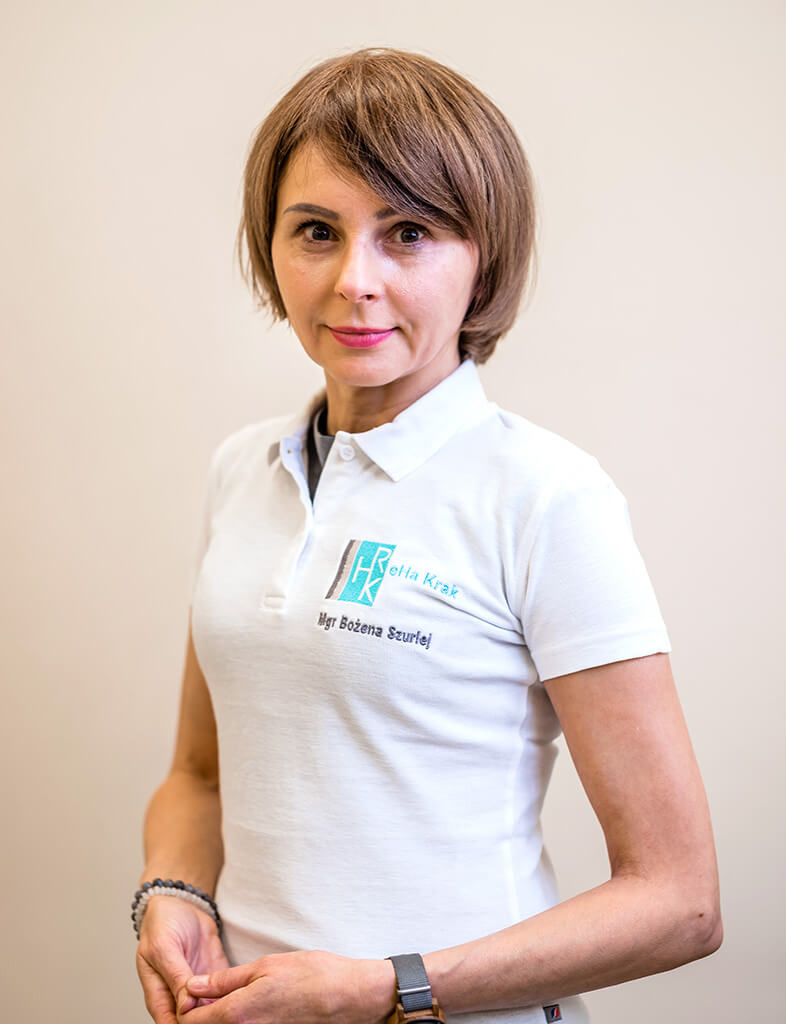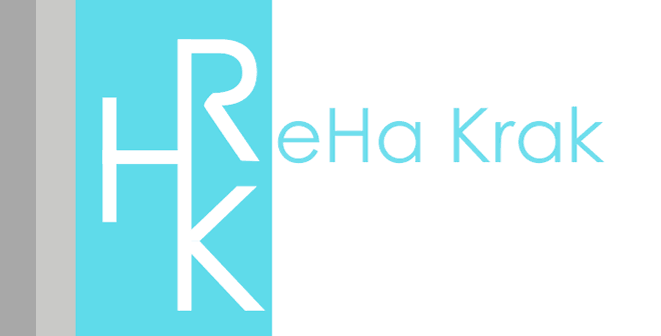Speech therapy for patients
with aphasia disorders
We provide speech therapy for patients with aphasia disorders after stroke, craniocerebral trauma, and brain tumor removal.
Aphasia is a speech disorder in the cadence (production) and reception of speech. Motor (expressive) aphasia results from Broca’s area damage. It manifests as loss or impairment of the ability to speak. Patients can only utter single words while distorting them and deforming their grammatical form. Speech understanding is preserved – with patient following given orders. Sensory (receptive, posterior) aphasia means damage to Wernicke’s auditory speech area. It is characterized by a speech comprehension disorder. Patients do not follow orders, but they talk a lot, yet their speech is very distorted and the topics spoken are different than those imposed, e.g. by the doctor.
Speech therapy for patients
with dysarthria
We provide speech therapy for patients with dysarthric disorders in Parkinson’s disease, multiple sclerosis (MS), and amyotrophic lateral sclerosis. Dysarthria is a speech disorder resulting from damage to the areas and nerve pathways innervating the speech organs. Speech becomes monotonous and quiet, with patients pronouncing sentences slowly and unclearly, often not finishing the sentences, mumbling. Patients with Parkinson’s disease also have a problem with voice production (cadence), changing the timbre of the voice, which may become scratchy, stifled, squeaky, or dull; sometimes it may sound too quiet or too loud. A patient with MS may have difficulty with both intonation and accent of speech. Experiences difficulties controlling the volume of voice in speech (loudness). Speech has a harsh, rough, hoarse tone of voice. There is difficulty controlling the pitch of the voice while speaking. There is imprecise articulation of sounds and words, vowels are distorted. There is limited respiratory capacity. The rate of speech is slowed down. The patient experiences general fatigue while speaking. Tongue movements both in and out of the mouth are slowed, and its mobility is significantly reduced.
Speech therapy
for swallowing disorders
Speech therapy also addresses swallowing disorders (dysphagia) in patients who suffered strokes, craniocerebral trauma, those with Parkinson’s disease, multiple sclerosis or amyotrophic lateral sclerosis.
Our specialist

Bożena Szurlej
Speech therapist
- Master’s degree in early childhood education – Jagiellonian
- UniversitPostgraduate Studies in Speech Therapy at the Pedagogical University of Cracow
- Postgraduate studies with a specialization in Neurological Speech Therapy at the Warsaw School of Social Psychology
- Courses in alternative communication methods for people with severe communication disorders
- Speech therapy workshop: „Delayed Speech Development – Original Methods of Speech Therapy for Children with Heterogeneous Development” conducted by Dr. Iwona Michalak-Widera
- Training: Johansen Individual Auditory Stimulation (IAS) Workshop expanding knowledge of hearing tests and ear diseases „Audiology in a nutshell”
- Training: „Rehabilitation after laryngectomy”
- A hands-on training workshop on: “Early Intervention and Support of Development of a Child from the High Risk Group on the Basis of Neurodevelopmental Concepts, Pediatric Ergotherapy and Sensomotor Integration”; „Early diagnostics, stimulation and speech therapy intervention” – training workshop conducted by neurologist M. Rządzka;
- Training workshop entitled: „Three-Part Intervention Plan in Oral Position Therapy” – conducted by Renee Hill, M.S. CCC-SLP (from the USA): „Oro-motor disorders: diagnosis and development of therapy program” – conducted by R. Roy Hill, M.S.CCC-SLP;
- Workshop entitled: „Speech disorders of aphasia type. Diagnosis and therapy.” “Early Childhood Stuttering-Prevention, Diagnosis and Therapy”- training developed and conduced by Dr. K.Węsierska; „Therapy of Stuttering in School-Age Children” – conducted by Dr. K.Węsierska
